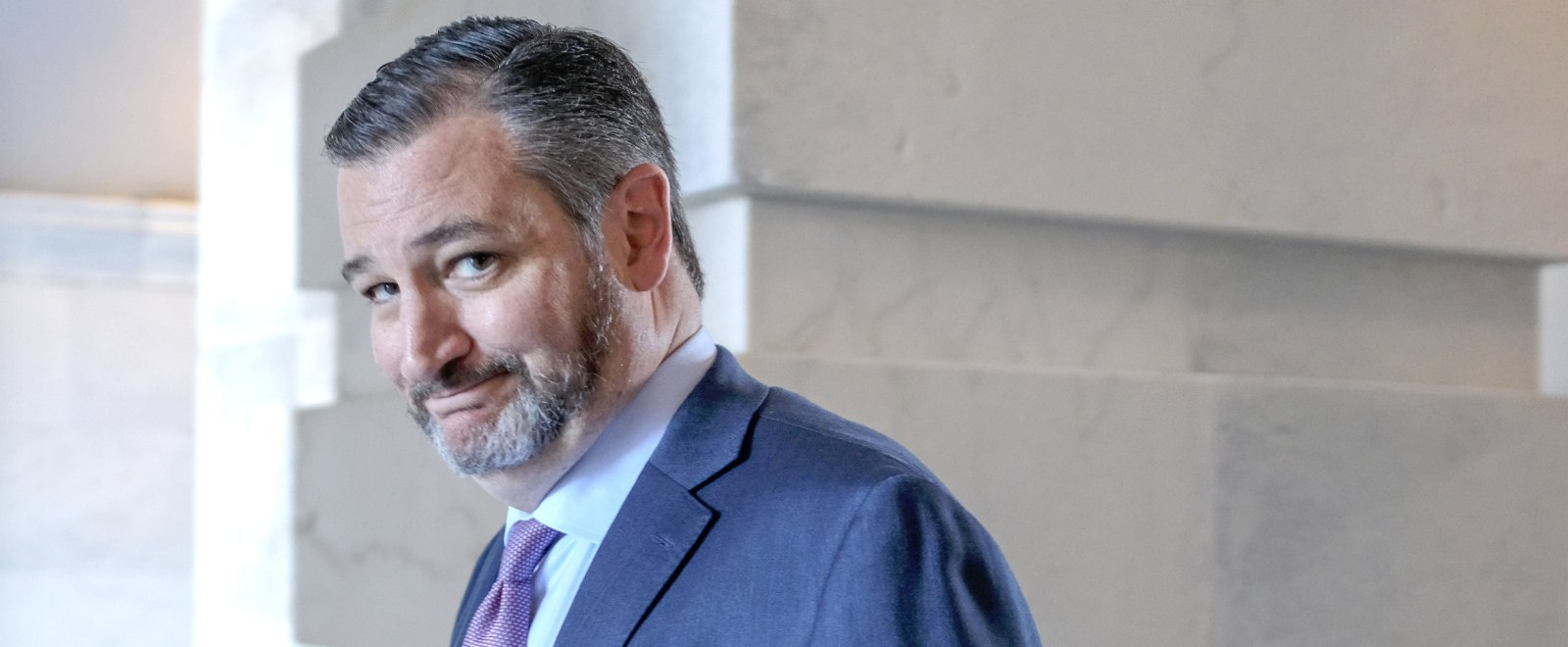Like it or loathe it, people have not stopped talking about The Snyder Cut of The Justice League, proving the wisdom of HBO Max’s decision to throw money at a long-rumored dispatched director’s cut of the 2017 film. But what did Zack Snyder accomplish on-screen and what does it say about the future of a DC cinematic universe still thirsting for a set direction? And what does this fuller cut say about the one that freshly made pariah Joss Whedon delivered? To sift through all the intertwined topics, we turned to two of our writers to put their friendship on the line and debate The Snyder Cut.
Jason Tabrys: I hope you notice that I have the Batfleck avatar, so you can see into his Sadfleck eyes when you rip him to shreds over the Snyder Cut. I just wanna put a human face to this.
Jess Toomer: I love that you think I care about the Dunkin Donuts mascot of 2020, because I don’t.
Jason: We started this and I think we both had some trepidation going in, you more than I.
Jess: I have written about the Snyder Cut and it did not end well in the comments section for me. Fan campaigns in general tend to put me off, though I understand why this particular fandom felt so passionate about bringing Snyder’s vision to life.
Jason: I look at this as a purely commercial thing where an entertainment Goliath’s interests just happened to align with the interests of the internet Daves. I know, I know, that’s cynical, but they saw a market for a thing and that’s it. I don’t think it was a reward or to right a wrong. So, because of that, I’m less interested in the fan campaign angle. Much more interested in the backstory of the production and edits and what this release means for future films, if anything.
Jess: I do know a lot about the fan campaign side of it. There is a legion of Zack Snyder fans, whether you love it or hate it, they worked hard to bring this movie to life. And a lot of them seem like really great people. I’ve had really good interactions with them. They tied this Snyder Cut campaign to different charities and fueled awareness about some tough issues. I don’t want us to paint that side of it as, ‘Oh, it’s just a bunch of angry fanboys.’ That really wasn’t what it was. So good for them for getting this off the ground. I don’t think Warner Brothers would have given Snyder the chance to do this if it weren’t for them.
Jason: Did you enjoy the original, or the Whedon Cut as it shall now be known?
Jess: More than this, yes. With the Snyder Cut, I had problems following the story. I blame the runtime really. I would have given up after the first hour if we hadn’t already agreed to do this debate. I thought there were only four title cards, because it’s four hours long. So, when I got to the third title card, I thought I had watched three hours of the movie. When I found out that I was only an hour in, I was ready to quit. I was going to be done. And then you pulled me back in and forced me to waste another three hours of my life. And now we have this, the end of our friendship.
Jason: That’s the anti-life-equation.
Jess: The anti-life equation was really the friendships we lost after watching the Snyder Cut.
Jason: So, I liked it. Wanted more. I felt like the mythology of DC characters was really well served. We were given some indication of, okay, this is who the Flash is, this is who Cyborg is. With Wonder Woman, Aquaman, Superman, and Batman, I understood their drive. I thought Affleck really shined. I liked the Affleck Batman. His arc is interesting to me. This guy who’s navigating a world of heroes with some suspicion but ultimately sees their value. I loved seeing the scars accumulated over two decades fighting crime. I wouldn’t say he’s the coolest Batman because that was Michael Keaton, but he might be the most interesting. That’s a very subjective take. As for the villain, I mean, Steppenwolf is a CGI stock villain just like any other… you get two types of comic book movie villains, it’s the power-mad real estate developer, and it’s the big CGI purple-blue whatever guy.
Jess: Do you want Jeff Bridges or do you want Barney?
Jason: Yeah, exactly. But I think having him be kind of a supplicant to Darkseid was really interesting and set up something… that we’ll likely never see. With a mega purple guy. Similarly, I liked the Knightmare thing at the end, because it just seems to set up this completely bonkers idea that would be very different from anything we’ve seen in a comic book movie. And really, that’s my main thing. I hope this leads the way to some more unique things, even if it isn’t, on its own, super unique. What it is, though, is a really well-layered team-up movie, which is not always the easiest thing to do. Age of Ultron, the first Avengers film, or the Whedon Justice League movie all failed to be much more than, “here are your favorite action figures all on one screen at once” and that’s it. And I felt like we got more here.
Jess: I re-watched Infinity War and Endgame recently, which are examples of layered superhero team-up movies. And there is more logic and cohesive storytelling there than there is here. I don’t understand a lot of what went on in this movie, maybe because I was approaching it as someone who’s not well-versed in the comics or the characters. I know about Batman and Superman because everyone does, but everything else… I know Wonder Woman because of the Patty Jenkins movie. I know Aquaman because he got his solo movie. When I see these characters in the Snyder Cut, they’re very different tonally and that threw me off. It also threw me off that there was a lot of focus on the ‘mythology’ of DC. I have no idea what that mythology is and I don’t think it was really well explained. If anything, I’m more confused about these characters and I think there’s a real accessibility problem with the Snyder Cut, because it leans so much into that mythology. It touches on things without really digging in or giving any kind of explanation.
Jason: You wanted the movie to be longer, that’s what you’re saying.
Jess: No. I wanted the movie to be better edited … and I wanted the story to be told better. I think there’s a lot of really cool action and lots of CGI. I just really wish Snyder would have dedicated all that time and money into giving me a story where the dialogue didn’t just make me bust out laughing at random points — points I know I shouldn’t have been laughing. It took itself so seriously, but it didn’t bring any plot to back it up, if that makes sense.
Jason: It does, but I couldn’t disagree more. I like these characters. I’m staring at a wall of Batman statues and Superman action figures. But most of my DC knowledge ends there. I didn’t get into comics until I was in my 20s and most of the stories I’ve read have been focused on those two pillars. I’ve read a few things with Flash, nothing really with Cyborg. The only thing I know about Steppenwolf is what I saw in this movie, pretty much. But I felt nourished and entertained by what I saw here. But that may speak to a difference in what we’re looking for: I fully acknowledge that I’m looking to unplug a little and just look up with awe with these things sometimes. I’m not looking for complexity. That doesn’t mean I don’t enjoy that too sometimes, but overall, I don’t mind if a few things go over my head if the overall thing lands. I actually prefer the not knowing. I feel like when I know every aspect of a backstory, I feel compelled to care about liberties taken, which is the most futile of all the futile frustrations that come from watching these kinds of films.
Jess: I wonder, is it possible to talk about the Snyder Cut without talking about the Whedon version? I think those two things are always going to exist together.
Jason: Joss Whedon is obviously getting raked over the coals for vastly more important things right now, but I’ll happily kick him while he’s down. He is someone who I’ve long thought has been exposed by the shift in mediums (I did not like the first Avengers). On TV, where I became a huge fan of his work, he was someone who created some amazing shows, but he had a lot of help and he worked with a large team of very impressive collaborators who’ve gone on to do a bunch of other stuff; Jane Espenson, David Fury, Mere Smith, on and on. All these people are owed a lot of credit for what made Buffy and Firefly and Angel work. In movies, it’s the Joss show. And it feels like the Joss show because every character sounds exactly the same. They all crack jokes for no reason. And it’s kind of lazy. Everything is basic. Whedon is just not a particularly deep filmmaker. And I think comparing these two versions really exposes that. Watching the Snyder Cut and then going back to rewatch the Whedon Cut makes me question the talent of someone who would cut that Wonder Woman scene in the bank down where she puts herself in harms way by flying the bomb out of the building or rob Barry of his most heroic moments so he could just be awkward comic relief.
Jess: Yeah, I agree. There were also some gross moments that are magnified now.
Jason: Exactly, one questions the motivations of someone who would shoehorn in that weird scene with The Flash laying on top of Wonder Woman or have Aquaman describe all these other characters’ powers, and then when he gets to Wonder Woman, comment primarily on her looks. But hey, it’s the lasso of truth and funzos! Good one, asshole.
Jess: Look, I’ve been on about Whedon’s particular brand of sexist ass-wipe since Age of Ultron. (Black Widow stans, you know what I’m talking about.) I don’t think that Whedon had a better handle on the characters here or did a better job of storytelling, but I also don’t think that he’s totally responsible for what that movie ended up being. Warner Brothers wanted that movie to have a certain runtime because they wanted it to fit on a movie screen, back when we went to movie theaters. There was a specific vision they had for the film. I don’t think Snyder ever aligned with that. Once Whedon came on, he had a lot of material to cut, to filter through whatever lens Warner Brothers wanted. Did he make some really poor choices? Absolutely. Was it all him? I don’t think so. Snyder, on the other hand… I think maybe what bothered me most about his cut, in general, is that he had four hours and you had all these really interesting characters and you didn’t do anything with them except make them formulaic stand-ins. Wonder Woman literally existed in this movie to give exposition and try to make people who didn’t know anything about the DC universe understand why it was a big deal that Darkseid had his eye on Earth. Aquaman? If you watched this movie and hadn’t seen the solo movie, how would you have ever connected with Jason Mamoa’s character? There was no character work and that’s what bothered me. The only character I really came away caring about was Cyborg. And that’s more a testament to Ray Fisher.
Jason: That’s the thing, how could anyone see the footage of what Ray Fisher brought to this film as Cyborg and think, “yes, let us leave most of that performance on the cutting room floor.” Talk about fan campaigns, how about we put #CastRay out there, because Ray Fisher absolutely brings it in this film and his reduction in the Whedon Cut is the most clearcut evidence of cinematic malpractice here.
Jess: Without a doubt. I can’t see Warner Bros. ever doing enough to atone for that whole situation so I don’t think there will ever be a Cyborg movie, nor do I know if Fisher would even want to be in that or if he just wants to move on. I’d love to see him get a bunch of interesting opportunities and walk away from this whole campaign the clear winner. Hollywood, hire him! Seems pretty simple to me. What’s not so clear-cut? Where the DC universe goes from here.
Jason: I think what this film really does is create a blueprint for DC. I want to see more of these characters through this storyteller specifically. But I also want to see them through other storytellers. Elseworlds stories in the comics are among some of my favorite because they empower people to test the bounds of what these characters and worlds can be without disrupting the main story. And that gives them renewed life. I’d love to see DC movies embrace that approach. Because that approach would, to me, insulate them from their worst impulses, like whatever the hell led to the cut we saw from Whedon. Something that feels like it was built by committee and focus groups. Something that feels dumbed down and devoid of affection for the project. I’m excited to see Emerald Fennell get tapped to do a Zatanna movie. That’s a positive development. I just hope she gets to make her Zatanna movie. I think back to the blowback Marvel saw in some circles when Edgar Wright’s Ant-Man fell apart. And I think the films that followed have been better and more reflective of the creative talents driving them. Hopefully seeing the positives around the Snyder Cut and letting a creative tell their story sparks that same kind of future for DC.
Jess: I really appreciate your optimism. I disagree with you on thinking that Warner Brothers and DC are going to take a page out of Marvel’s book and let creators create. Look, I’m used to having entertainment that was not made for me when it comes to comic book stuff. I don’t think this extended cut was made for me, and that’s fine. I think I take issue with the fact that so much money was given to this, and I just think that money could have gone to something else. It’s Warner Brothers’ money, so wherever they want to spend it they will. They obviously knew they had something here and it’s a smart marketing move, when we’re all sitting at home with nothing to do, But I think maybe that’s still what gets to me at the end of the day, thinking, we could’ve had something else. Maybe we could have had a standalone Cyborg movie? I think that’s what upsets me more than losing four hours of my life, more than that Knightmare epilogue that basically just existed for Jared Leto to be able to sell a T-shirt. It could have been something else, something better.
Jason: So you wanted more epilogue? Me too!
Jess: I just want to be done with this whole thing so I can go watch WandaVision again.

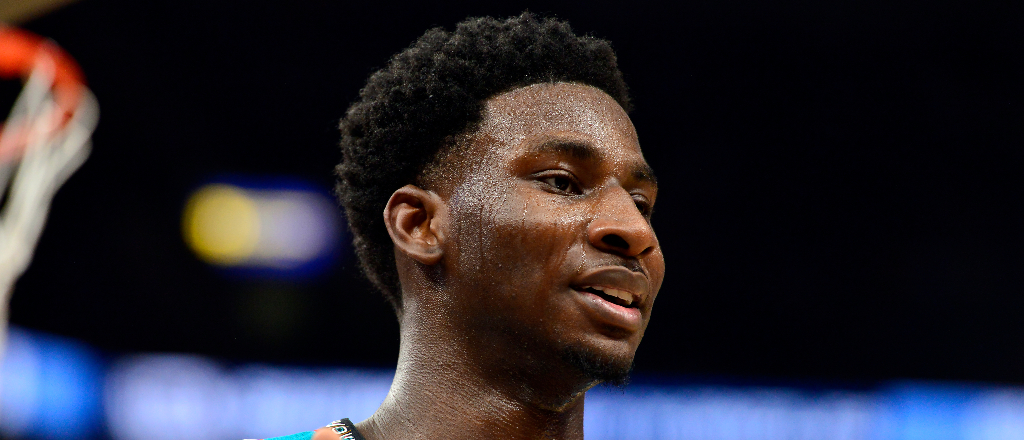
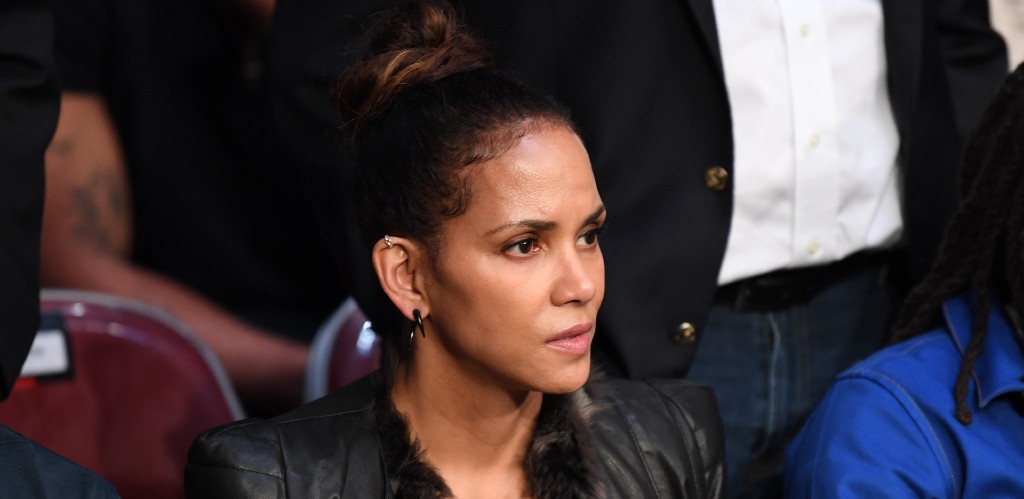
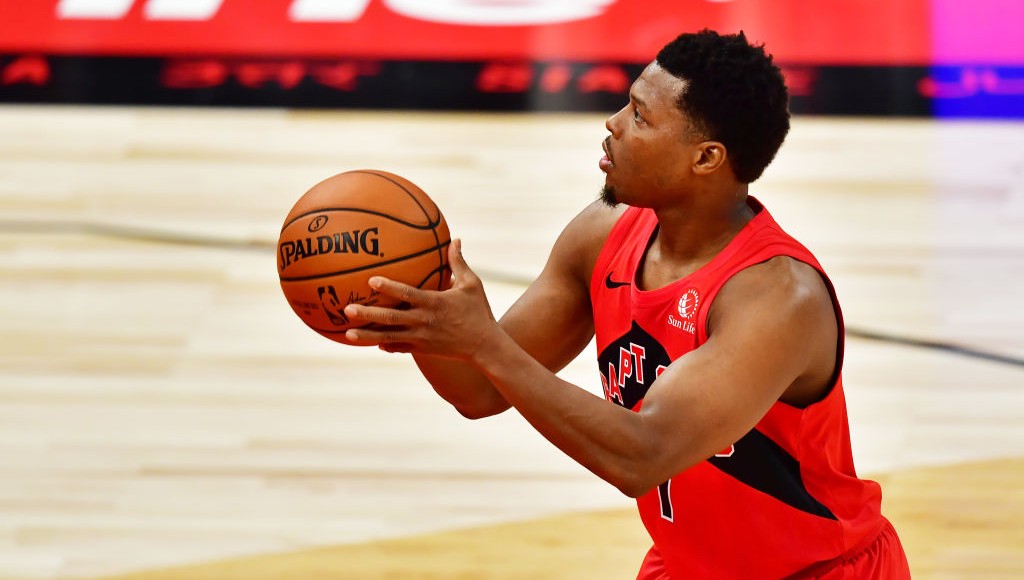
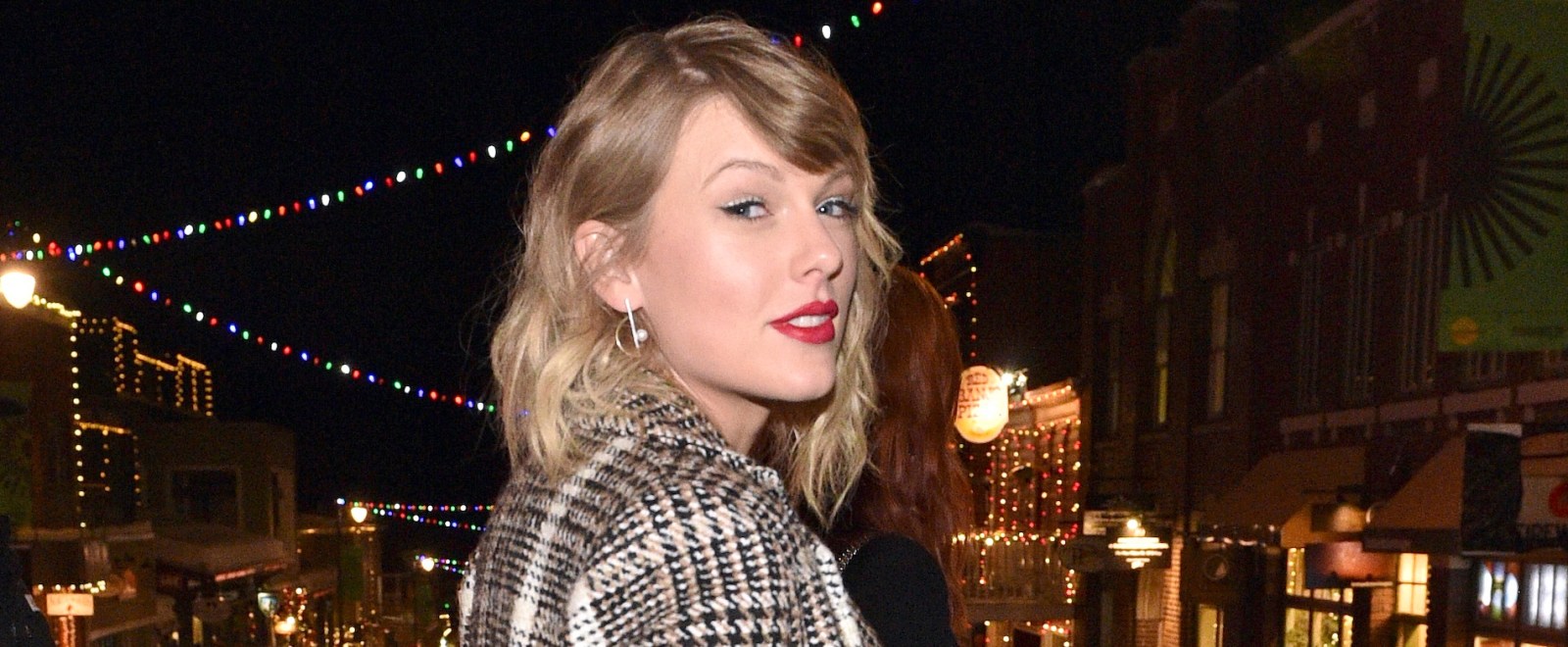
 Miraculously… i have out-lived *ALL, of my Artists Contracts
Miraculously… i have out-lived *ALL, of my Artists Contracts They no longer “Own”, My Name & Likeness. And, by Law…30 yr old, Mstrs are 2B Returned, 2 Me
They no longer “Own”, My Name & Likeness. And, by Law…30 yr old, Mstrs are 2B Returned, 2 Me Unfortunately, They’re gonna make me Fight 4 it. I’m Prepared, 2 do that. Please Dont advertise/buy them ABXO
Unfortunately, They’re gonna make me Fight 4 it. I’m Prepared, 2 do that. Please Dont advertise/buy them ABXO
 The GoodFight
The GoodFight









